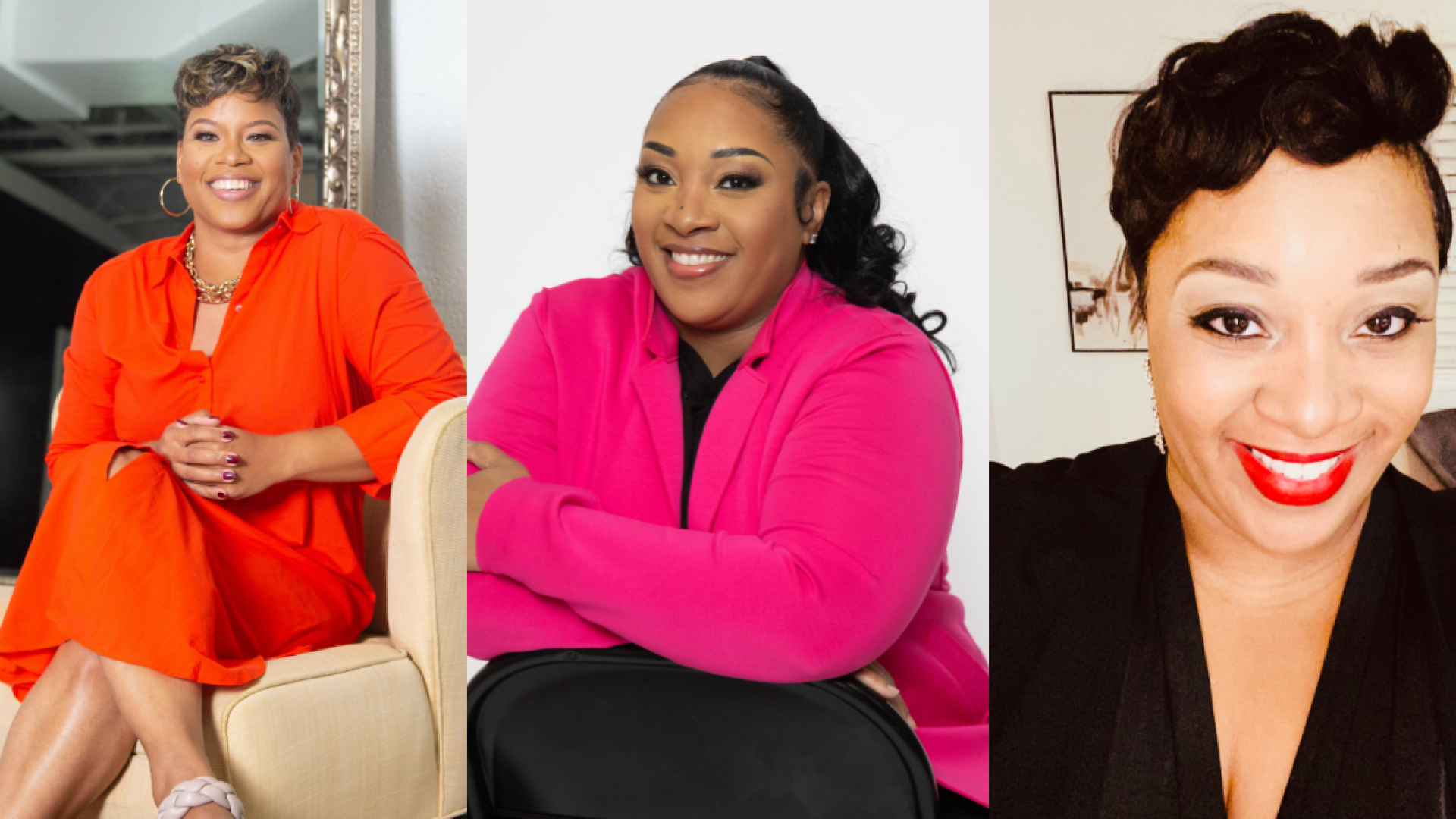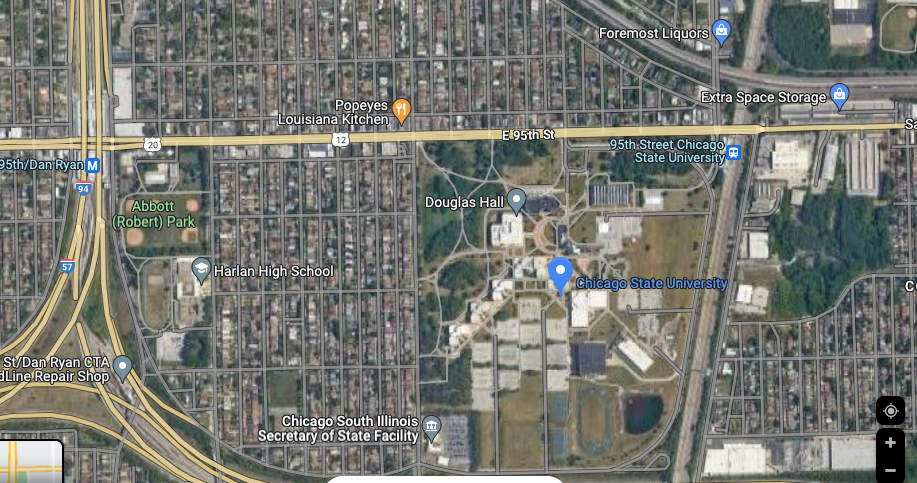
“There’s the department of motor vehicles and a Popeye’s—that’s it.”
Ebony J. Karim graduated from Chicago State University over a decade ago, but acknowledges not much else has changed in that span of time, namely that there aren’t many places around that sell quality haircare products. Despite the HBCU being situated in one of the most densely Black populated neighborhoods in Chicago, there’s isn’t a beauty supply store for miles.

“If you don’t have a car and have been in class for hours, there’s nowhere convenient for students to get what they need to care for their hair, even the ones that live on campus. They don’t want to have to get on a long public bus ride. It’s kind of ridiculous, honestly.”
She’s right—ethnic haircare gaps don’t make much sense, ethically and financially.
African American women spend nine times more than other groups on haircare, per a Nielsen report. In 2018 alone, Black US consumers allocated $54.4 million of the $63.5 million total spent on ethnic hair products.
After seeing this information, Karim jumped into action.
“I started thinking about how I could solve this access issue in a smart way without opening a neighborhood brick-and-mortar beauty supply store, an industry that has notoriously locked Black women out (dominated by Asian owners), and vending machines came to mind.”
She began researching the logistics and came up with Beauty Genie, a machine that dispenses bonnets, gels, bundles, braiding hair, shampoos, conditioners, edge control, and more for students without risking the comfort or safety of leaving campus. Karim shared the idea with her hair stylist, Quintella Rodgers, during a hair appointment and unknowingly gained a business partner. A licensed cosmetologist, Rodgers immediately understood the potential impact the Beauty Genie could have across underrepresented neighborhoods everywhere.
“Our girls need access to the things they need to care for their hair,” she said. “I see lots of college students and they of course care about the styling, but harsh chemicals are used in the process which requires proper repair and recovery.”
Rodgers and her twin sister Swanzetta, a trained geriatric counselor, immediately bought into the idea and became Karim’s vision and immediately invested, and came onboard. They not only provide backing, but also lends their expert insight into product inventory for the machines, as well as haircare education.
“The vending machines have a video component integrated that plays demos for girls and older women in nursing homes to care for their hair the right way,” Swanzetta Rodgers said. “We all know that proper hair maintenance directly impacts ourself esteem.”
Although their plan is to tackle all 107 HBCU campuses, nursing homes and beyond, the first Beauty Genie will be installed at Chicago Premium outlet mall in Springfield, IL on July 1st. The location makes perfect sense since it is a hotspot for teens and early college students.
“We’re so excited to be doing this because people really need it,” Karim told ESSENCE. “Everyone Should Be Able To Care For Their Crowns’ no matter where they are.”